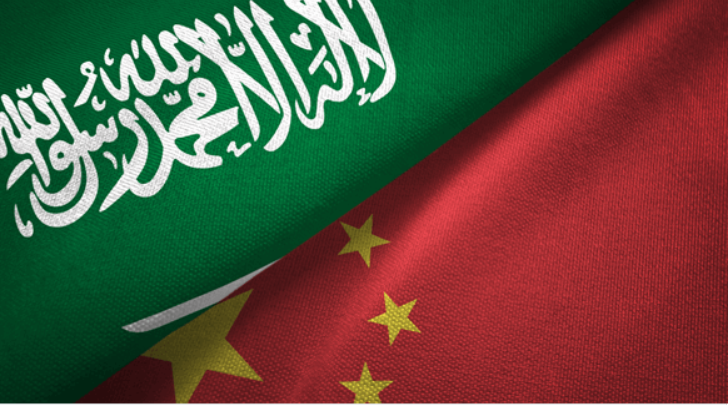

fetching latest news
News tagged in:

Saudi Arabian Oil Co. (Aramco) has secured agreements with two Chinese refiners laying the groundwork for potential stake acquisitions that would expand the Saudis’ downstream footprint in China.
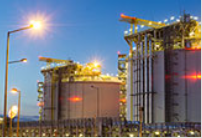
A world-first study has confirmed the potential for LNG and its infrastructure to act as an accelerator for the emerging global hydrogen economy.

AFPM President and CEO, Chet Thompson, has issued the following statement in response to President Biden’s State of the Union address and his specific remarks on US refinery earnings and investments

The Renew Europe Group has welcomed the endorsement by the Committee on Industry, Research and Energy of the recast of the gas and hydrogen markets Regulation and Directive. The revised legislation aims to update the existing framework for access to natural gas infrastructure and to foster the decarbonisation of the energy sector by ramping up the production of renewable gases and hydrogen, facilitating their integration into EU energy networks.
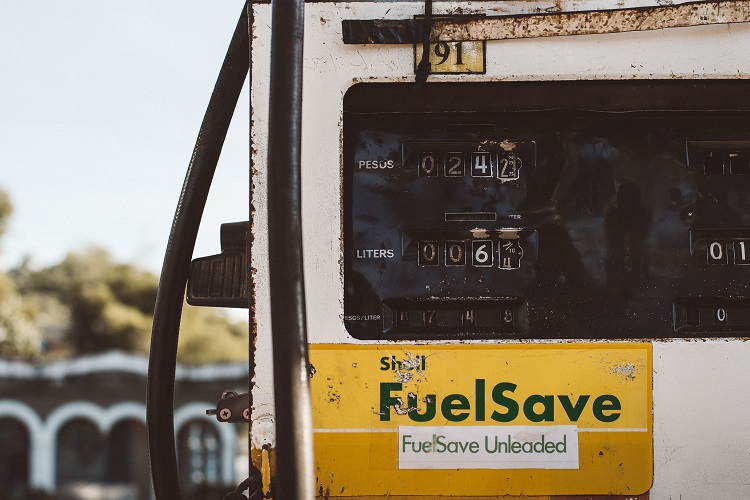
With ease in restrictions, India saw a rise in fuel demand in September since June. Among all the oil commodities the consumption of diesel, a key link to economic growth, saw a sharp rise of 13.2% since the last few months. Petrol demand also saw an increment by 2.9% and LPG by 5.7% since August.The demand was low in August but with relieving restrictions it might recover in the coming months.
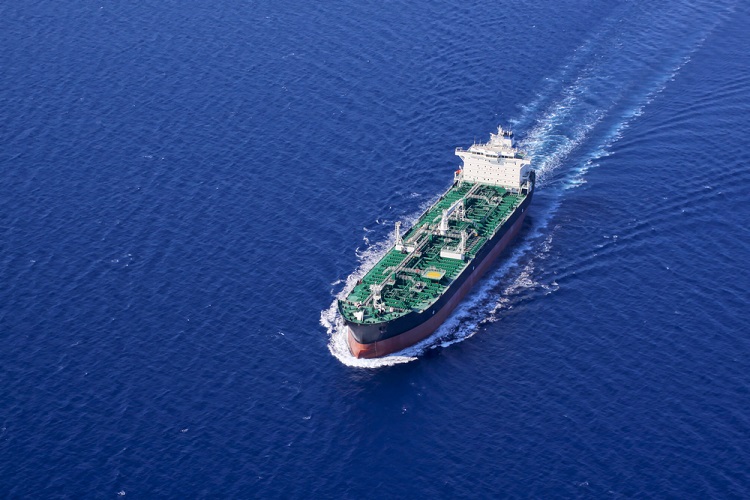
Greenpeace’s flagship Rainbow Warrior blocked a tanker on Thursday from delivering crude oil from Norway to Sweden’s Lysekil refinery in a protest against plans to expand it. According to Greenpeace, the expansion would result in increasing carbon dioxide emissions by up to 1 million tonnes per year, making it the largest source of Carbon dioxide emissions in the country.
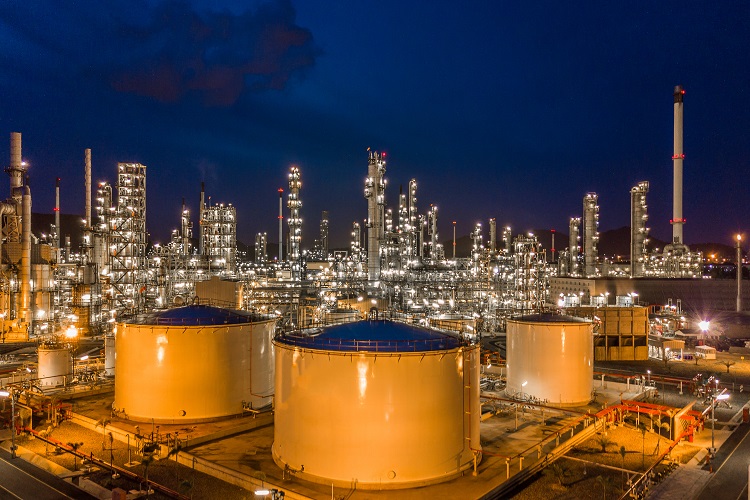
Chinese state-run Sinopec on Sunday posted its first half-year net loss on record amid weak fuel demand due to the global pandemic. It made a net loss of 21.725 billion yuan ($3.17 billion) for the first six months of 2020, compared to a 32.206 billion yuan profit a year earlier. First-half revenue fell 31% from a year earlier to 1.03 trillion yuan.
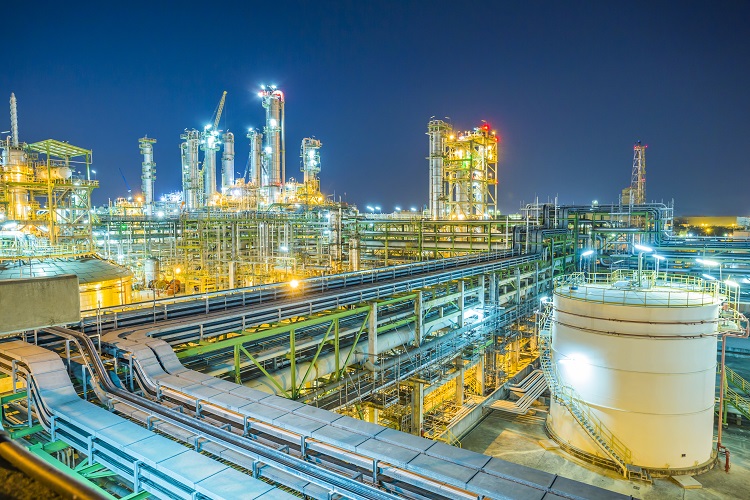
Industries Qatar has bought 25% stake in Qatar Fertiliser Co from Qatar Petroleum’s for $1 billion, making Industries Qatar the 100% owner of the world’s largest single-site urea producer. Industries Qatar shares were up 6.9% to 10.1 riyals in early trade, trimming their till date loss to 2.2%. The deal will help Qatar Petroleum with cash to pursue investments.
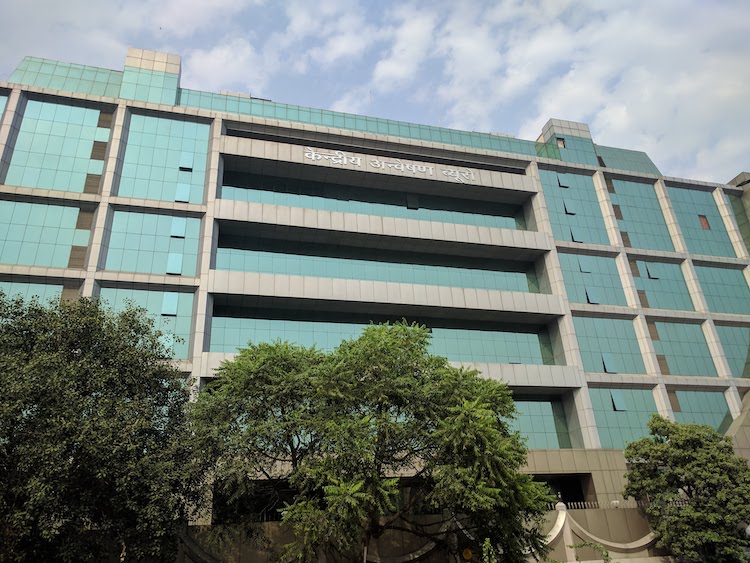
FIR has been registered by the CBI against the officials of KS Oils Ltd, a Madhya Pradesh based company in an alleged Rs 938 crore bank loan scam. Searches were conducted on Saturday in Morena and Delhi at the premises of the firm. K S Oils Ltd has manufacturing plants in Morena, Ratlam and Guna in Madhya Pradesh, Kota in Rajasthan and a port-based refinery in Haldia, West Bengal.
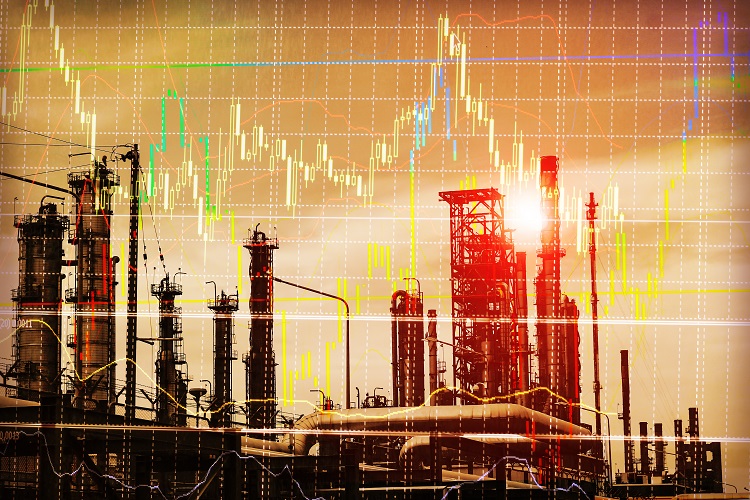
Saudi Aramco has suspended a deal to build a $10 billion refining and petrochemicals complex in China. Aramco decided to stop investing in the facility in China’s Northeastern province of Liaoning after negotiations with its Chinese partners and Aramco declined to comment on it. The uncertain market scenario could be behind the decision. The joint venture was signed when Prince Mohammed bin Salman was in Beijing in February last year.
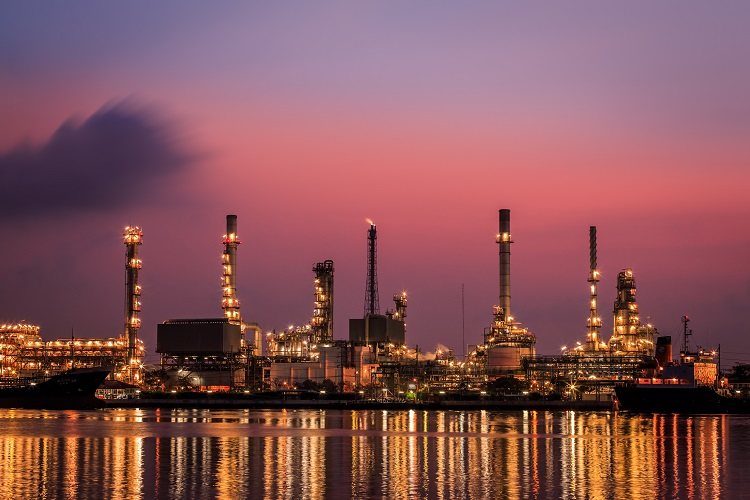
Japanese oil refiner Idemitsu Kosan will end its petrochemical joint venture with German chemical manufacturer, BASF due to slumping demand. The joint venture will end in December and its Chiba plant will be closed for making butanediol, an organic compound used in stretchable fibres and engineering plastics. Idemitsu is also planning to exit from the butanediol business soon.
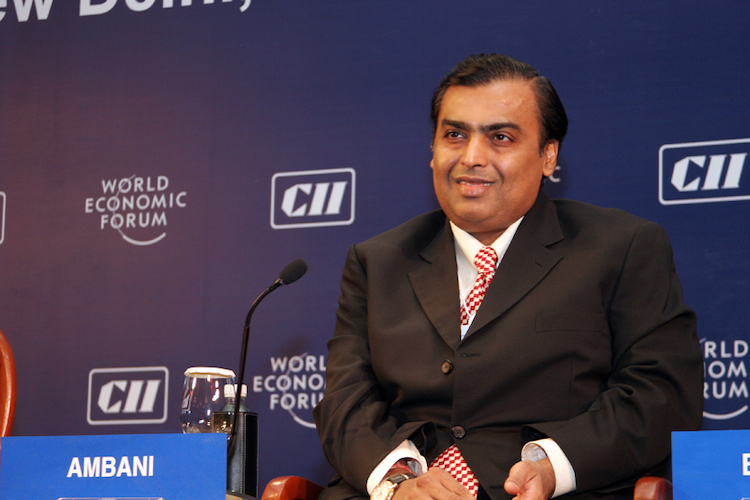
Saudi Aramco said it’s still working on a deal to buy a $15 billion stake in Reliance Industries Ltd.’s refining and chemicals business, even as lower oil prices forced it to slash investment spending. The deal with Reliance would help Aramco to join the ranks of the top oil refiners and chemical makers. Aramco is already a major supplier of crude to India.
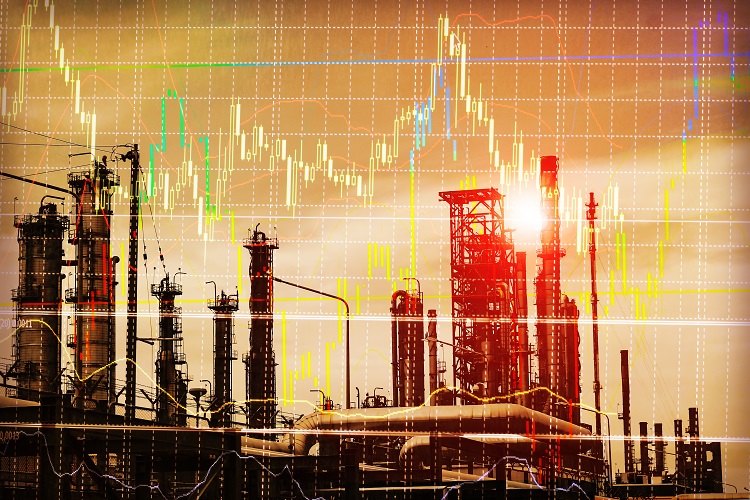
Hindustan Petroleum Corp’s increased profit by 157% to Rs 2,252 crore in the April-June quarter capitalizing on inventory gains and increased marketing margins. The gross refining margin for the quarter was $.04 per barrel compared to $0.75 in the year-ago quarter. Crude prices have more than doubled to $45 a barrel since late April. Product prices too have similarly risen.

Iraq’s government agreed to sign a contract with JGC Corp to build a 55,000 barrels per day refinery in the southern region of Basra. The refinery will produce fuels including liquified petroleum gas, gasoline and gasoil, estimating the cost of the facility at $4 billion.

PSU refiner BPCL has extended the deadline to submit an expression of interest (EOI) for the third consecutive time till 30th September. Sources speculate that the Saudi Aramco, Abu Dhabi National Oil Co, Rosneft of Russia, Exxon Mobil, and RIL are likely to participate in the bidding process. Due to the ongoing global crisis, India is an attractive investment destination for multinationals.
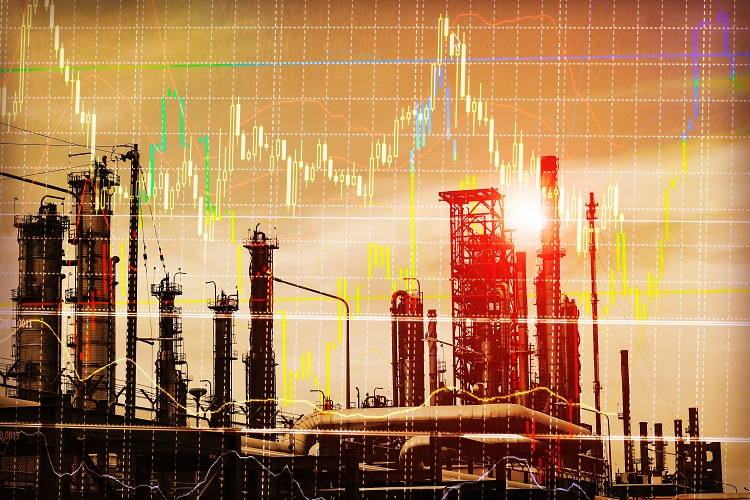
Total has agreed to sell its Lindsey refinery in Lincolnshire, northeast England, to Prax Group. The refinery has an annual production capacity of 5.4 million tons. Since the sale of the British retail network in 2011, the Lindsey refinery hasn’t been part of Total’s downstream system. It is expected to be put to better use within the Prax Group, an independent player with a growing UK network.

Indian Oil Corp. has formed an equal joint venture with France’s Total to manufacture and market high-quality bitumen derivatives and specialty products for India’s growing road-building industry. The joint venture will set up manufacturing units across the country and also explore the possibility of catering to other South Asian markets. The joint venture would commence by taking over an existing plant of Total at Jodhpur in Rajasthan.
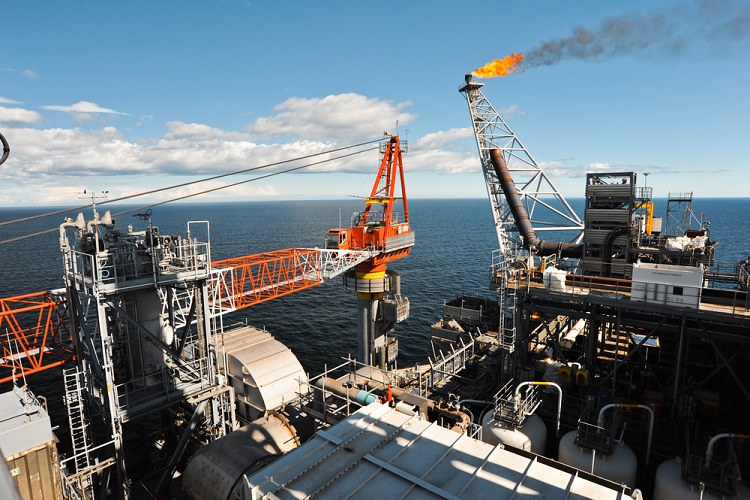
Global gas flaring increased to 150 billion m3 in 2019, the highest level in more than a decade, primarily due to increases in the United States, Venezuela and Russia. Gas flaring, in conflict-affected countries climbed from 2018 to 2019, in Syria by 35%, Venezuela by 16%, 23% in the United States, and 9% in Russia. However, it fell by 10% in the first quarter of 2020, with declines across most of the gas flaring countries.